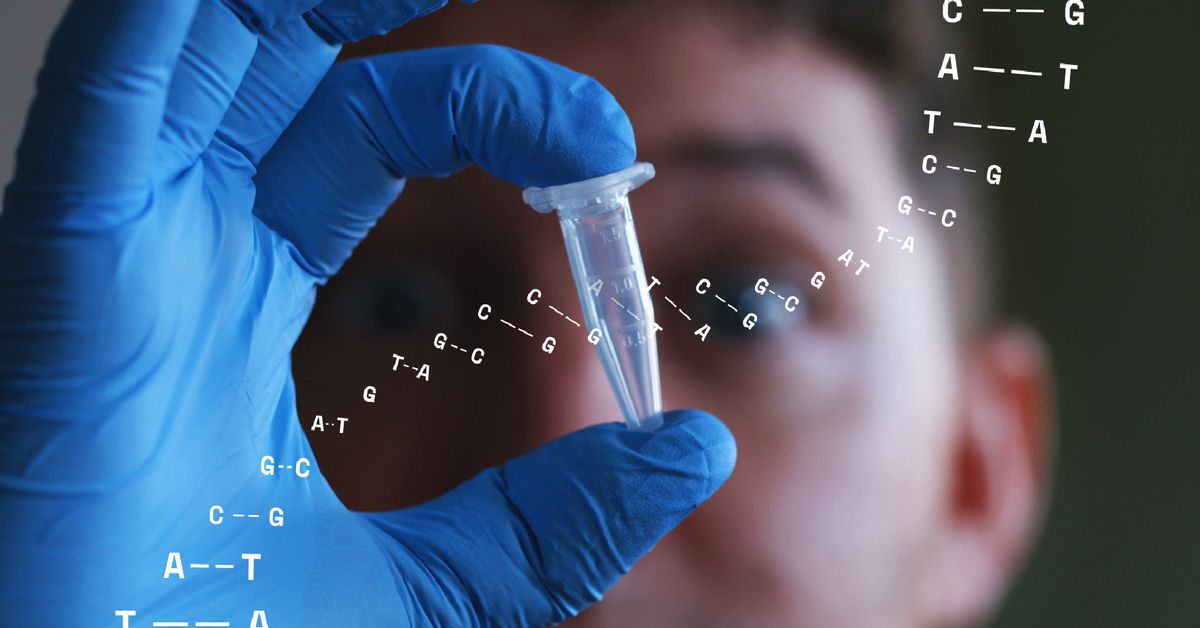I have spent many years using technology and seen quite a lot of innovation over those years. I suppose an advantage of years of use is that it helps define what you want and trends tend to affect you less and less.
I used to store everything and have databases full of stuff I hardly ever look at. The irony of a number of attempts at creating a PKM system is that they ended up being a mini Internet and when I needed information out of it, it was often still quicker to find it online rather than in my own PKM. I’ve used Zettelkasten and concluded it’s not really my cup of tea. I’m not really the linking type. I’m not interested in “my future self”. Everyone is telling me to store stuff for my future self. Well, I like to be present with my current self and in the moment now. I’m not interested in journaling all activities and events in my life, especially on a computer. It just amounts to more textual noise. In 200 years time when everyone has Facebooked, Instagrammed and micro-blogged their every waking moment, very few will really be interested. It won’t really be a record of history, because that’s already being stored by Google. Too much time is wasted storing up for tomorrow and wasting today.
I have a keen interest in using my current brain rather than a second brain. Lynne Kelly’s book, “Memory Craft” is well worth a read. The point is that writing everything down is actually not healthy for your brain. You need to exercise it. I’ve been amazed how by creating a visual alphabet I can remember 26 things with ease without needing to write them down. You’d be surprised how useful that actually is throughout the day. I rarely need a notebook to write thing down that I need to remember. I’m also beginning to store info in my brain with memory palaces and surprised how well it works.
So, I’ve moved from storing everything to being extremely selective. The closest to how I store information is Tiago Forte’s, “Progressive Summarization” I only store what is needful for projects or what stands out to me. There are features in different apps that I’ve used over the years that I have found extremely helpful. This leads me to what would be and ideal app for storing information.
Two things are required.
- Search. Now by search I am not referring to incremental search, but filtered search. Filtered search only shows the lines in the data being searched that meet your search query. Something like the veritable Silver Searcher which is just awesome. I cannot understand why so many apps only do incremental search, this is a real annoyance. There also needs to be a facility to click on the relevant search entry and be taken straight to that line.
- Meta Data. Every bit of information I possess has meta data. Things like date, phone numbers, addresses, topic, types, etc. I need something that stores this separately and can be searched separately. It must allow me to create my own meta data types. The best app that I’ve used that does this is Tinderbox.
If I could find an app on macOS and iOS that does these two things well, I’d be a happy bunny. A database is pretty close to this. I’ve been thinking about setting up an SQL database to try this, but iOS is still currently a problem. Another solution is Tiddlywiki with Quine on iOS, but requires some maintenance and setup.

